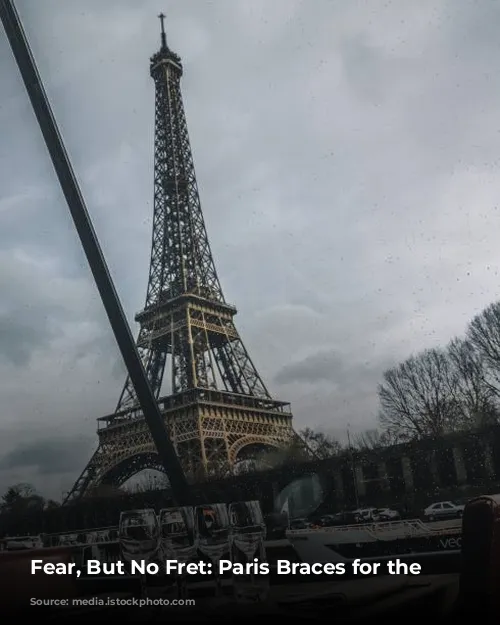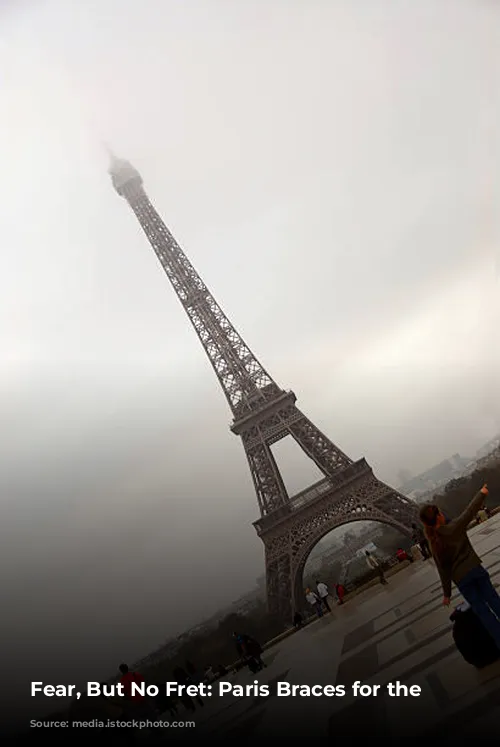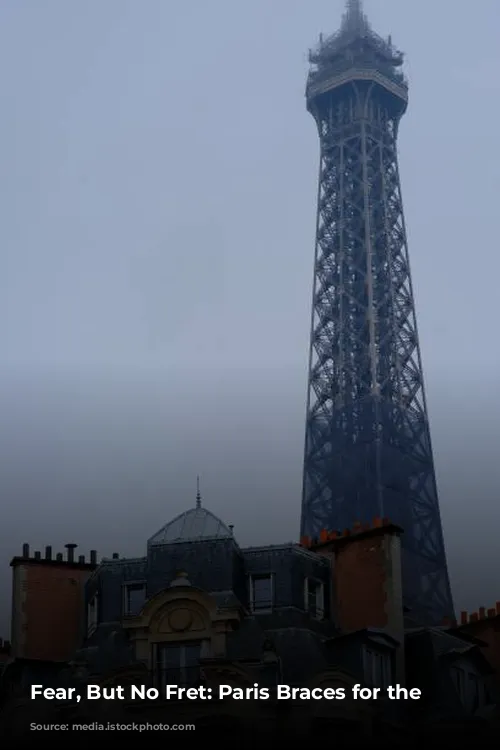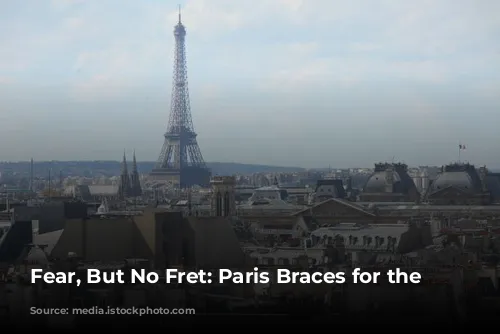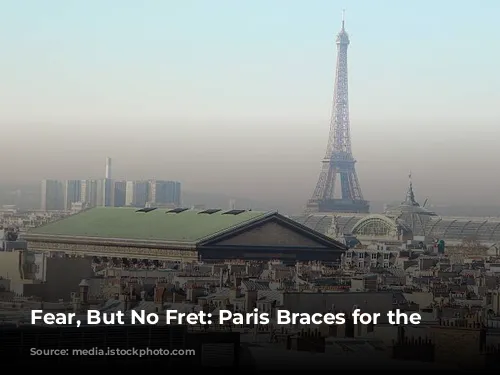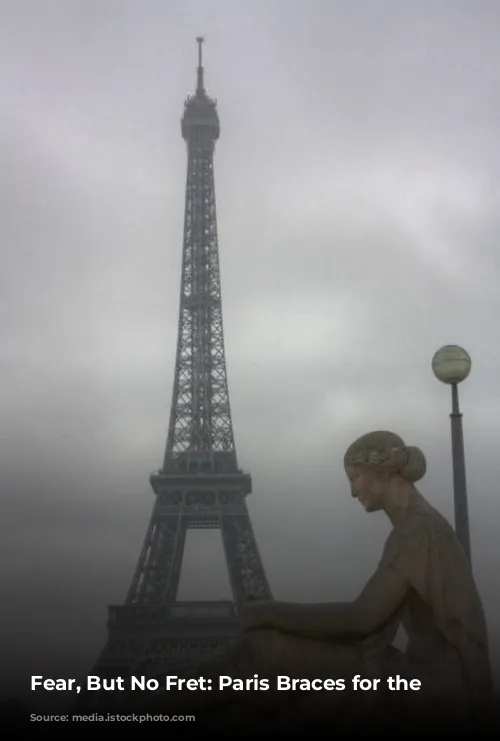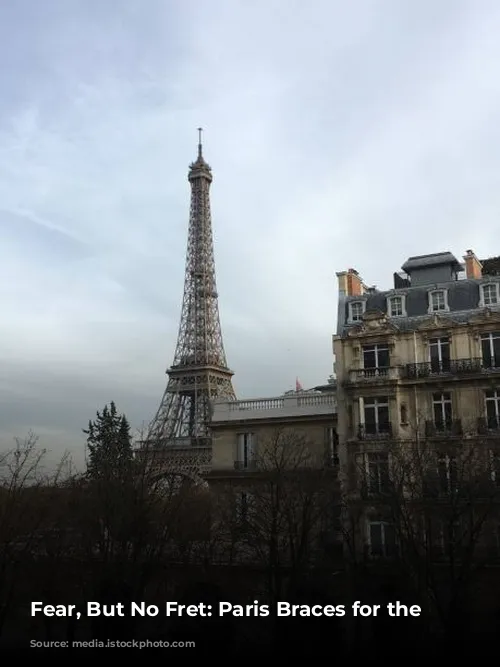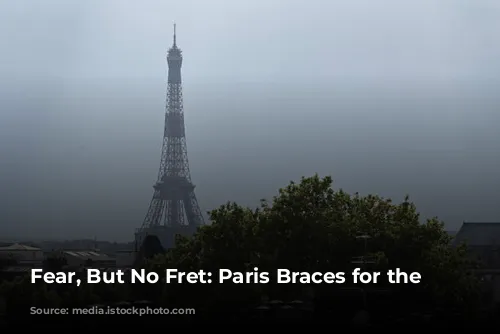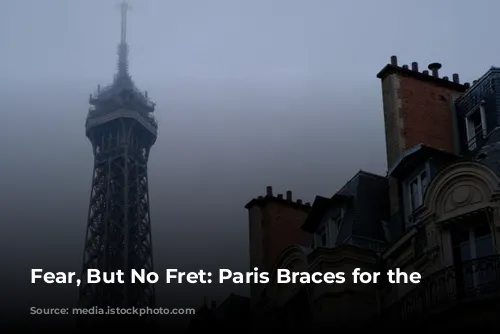Paris, a city known for its romance and elegance, is also preparing for a massive security challenge – the 2024 Olympic Games. This challenge became even more daunting after a recent knife attack near the Eiffel Tower, leaving one tourist dead and raising concerns about safety during the Games.
The attack, allegedly committed by a suspected Islamic radical, sparked fear both in France and abroad. However, law enforcement officials are determined to reassure the public that Paris will be a secure host for the Olympics.
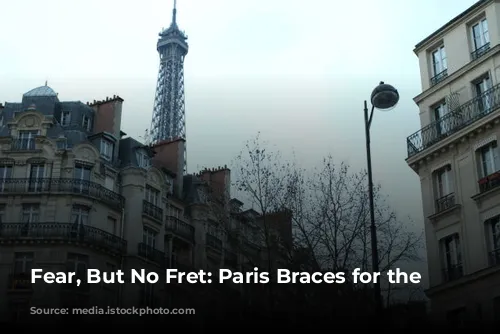
A City on High Alert
Despite the recent attack, law enforcement officials remain resolute in their commitment to maintaining order and safety. They’re not letting fear dictate their actions, instead choosing to emphasize the proactive measures being implemented.
Bernard Bobrowska, inspector general of local police for Paris, states, “We are trying to make the invisible risk visible. We are ready.” While police declined to discuss specifics about potential terror threats, they assured the public that all systems will be in place for the Games.
Interior Minister Gerald Darmanin has acknowledged the growing issue of mental health among suspected radicals, noting that approximately one-third of individuals under surveillance have psychiatric issues. The assailant in the recent attack had a history of psychiatric treatment.
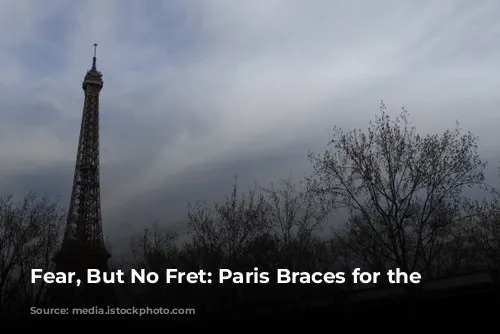
A Multi-Layered Approach to Security
To bolster security, hundreds of police officers patrol the Eiffel Tower and its surrounding area 24/7, ensuring a high-security zone for the Games. Additional security measures are being implemented throughout the city, including increased police presence in critical areas and cooperation with other European countries.
The recent knife attack sparked a call for a “Plan B” regarding Olympic security, but Sports Minister Amélie Oudéa-Castéra quickly rejected this proposal, emphasizing the commitment to a “zero delinquency” plan across all Olympic sites.
Despite the challenges, law enforcement is optimistic about the effectiveness of its security strategy. Delinquency rates have fallen significantly in recent months around the Eiffel Tower, with over 2,500 police operations conducted since the beginning of the year.
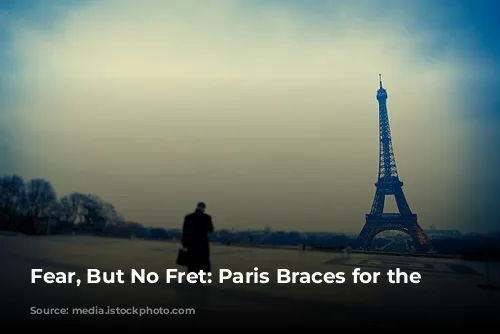
Tackling Crime, Big and Small
The security efforts extend beyond preventing major attacks, encompassing all forms of crime, from minor offenses to organized crime. Police are actively targeting individuals who prey on tourists, including those selling counterfeit goods and those who engage in elaborate theft schemes.
The police have cracked down on organized crime gangs responsible for selling counterfeit Eiffel Tower souvenirs and have even dismantled a high-end watch theft ring operating out of Naples, Italy.
However, the police acknowledge that crime remains a reality and are diligently working to address it. A recent gang rape case involving a Mexican tourist in the Champs de Mars field has prompted heightened awareness and a commitment to providing greater security for tourists.
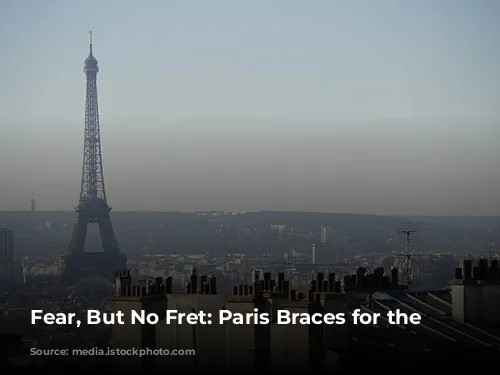
Facing Challenges Head-on
Police officers in Paris are well aware of the grave threats they face, but they’re not deterred. Their determination is fueled by their experience in previous attacks, such as the 2015 Bataclan attacks.
Paris police chief for the 7th district, Cyril Lacombe, who was present during the Bataclan attacks, emphasizes that they don’t allow fear to paralyze them. “We don’t reflect on things when in action … ask ourselves existential questions,” he says. “We ask them afterwards.”
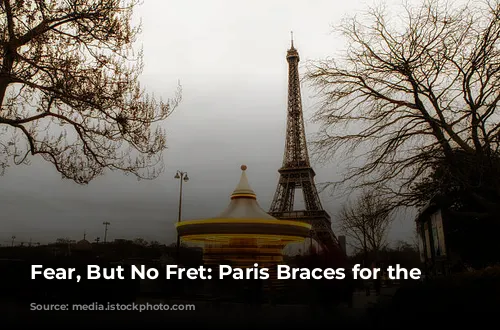
A City Prepared
Paris is determined to prove that it is more than capable of hosting a safe and successful Olympic Games. Despite the recent challenges, law enforcement is confident in its ability to address the security risks and create a welcoming and secure environment for athletes and visitors alike.
